Funding to help researchers enhance fish quality and improve resources for fish farmers in key areas
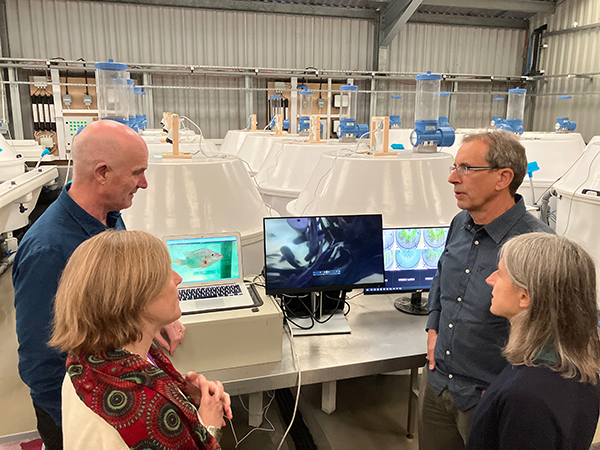
The University of Stirling has secured funding to improve farmed fish welfare in Thailand and Vietnam, with the aim of enhancing the quality of fish for human consumption. The Institute of Aquaculture has been awarded £780,000 (U.S. $919,000) for the project from Open Philanthropy.
The funding will help researchers improve resources for fish farmers in areas where the fish that is produced is eaten locally and where there are some of the largest concentrations of the production and consumption of farmed fish and shellfish globally.
“Across Asia, there are serious welfare issues that affect millions of aquatic animals and there is an urgent need to drive change,” said Dave Little, deputy head of the Institute of Aquaculture at the University of Stirling and one of the researchers leading the project. “This significant research funding will help tackle these issues and we hope it will vastly improve aquatic animal welfare, result in fewer losses, produce a higher standard of meat, and boost the economy.”
The two-year research project will support “transformational change” in the welfare of farmed fish across the continent. Interventions will have the potential to avoid unnecessary harm and pain to the fish, help farmers improve efficiency and business resilience, support a sustainable environment, contribute to a healthier general population and combat poverty and hunger.
To accomplish this, the team will map opportunities for improved welfare, establish networks of stakeholders, support education and advocacy, research into delivering improvements and removing barriers and develop guidelines. Outcomes will be disseminated through videos, podcasts, course materials and a resource website, publicized through social media channels and relevant publications.
A key element of the project will be supporting local researchers and working closely with other stakeholders to develop innovative approaches to improving fish welfare practically while raising awareness and interest among consumers. The work will fund and support the development of the most promising small projects in both countries to help achieve these goals.
Moreover, the project will also make a fully funded MSc scholarship to study at the Institute of Aquaculture available to Thai and Vietnamese citizens, harnessing and growing the potential of local talent to continue working in this area in the future.
Follow the Advocate on Twitter @GSA_Advocate
Now that you've reached the end of the article ...
… please consider supporting GSA’s mission to advance responsible seafood practices through education, advocacy and third-party assurances. The Advocate aims to document the evolution of responsible seafood practices and share the expansive knowledge of our vast network of contributors.
By becoming a Global Seafood Alliance member, you’re ensuring that all of the pre-competitive work we do through member benefits, resources and events can continue. Individual membership costs just $50 a year.
Not a GSA member? Join us.
Author
Tagged With
Related Posts
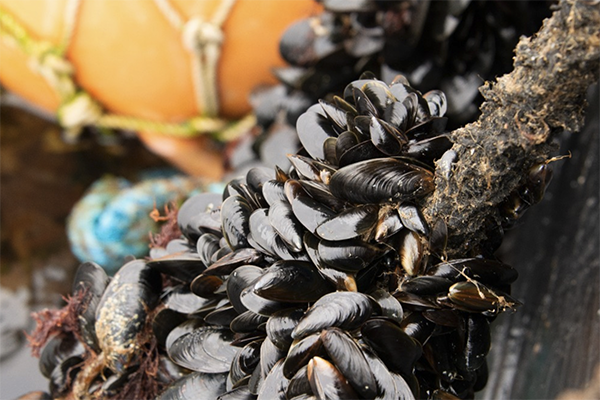
Intelligence
It’s the current: Study identifying how mussel larvae move offers insights into where and how to farm them
A University of Stirling study has identified how mussel larvae move, which says "a lot about the best and worst locations for farms.”
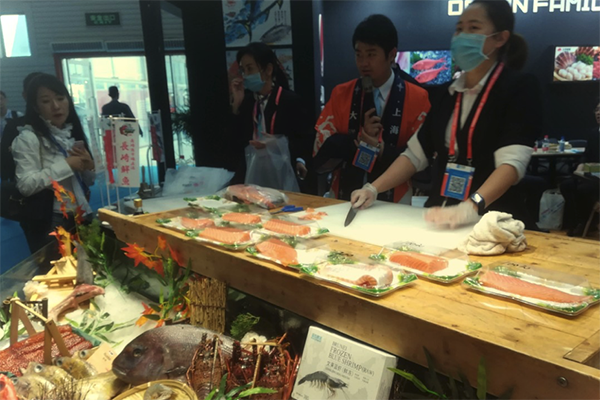
Intelligence
Study: Better understanding of seafood sales messaging could improve global trade
Study on seafood marketing messaging could help improve communication with consumers and drive the seafood industry.
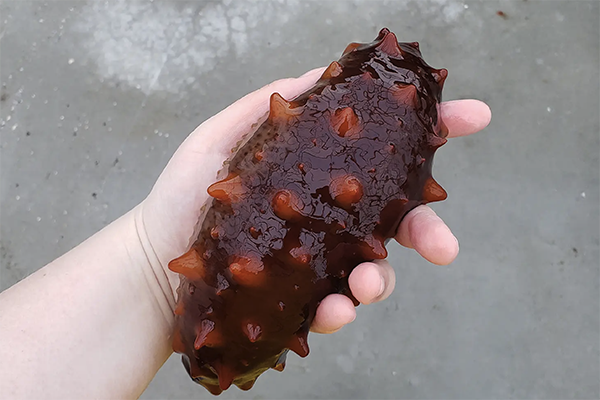
Responsibility
Cool stuff: Sea cucumbers can keep fish farms clean, research finds
University of Stirling research finds sea cucumbers can flourish by feeding on organic fish farm waste and subsequently be a high-value product.
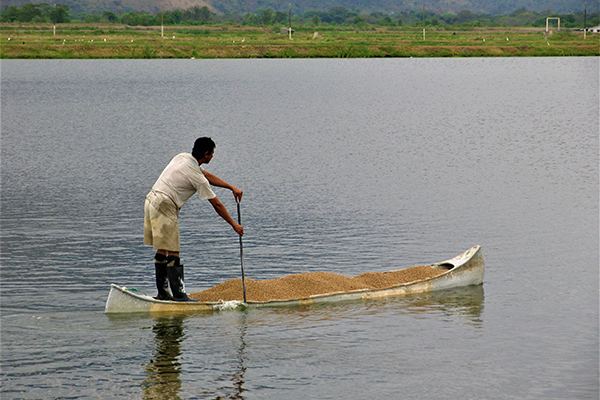
Intelligence
Study: Global food policy and research ‘inflates growth potential of mariculture’ and undervalues freshwater aquaculture
A new study finds that research inflates the growth potential of mariculture and undervalues the production potential for freshwater aquaculture.



